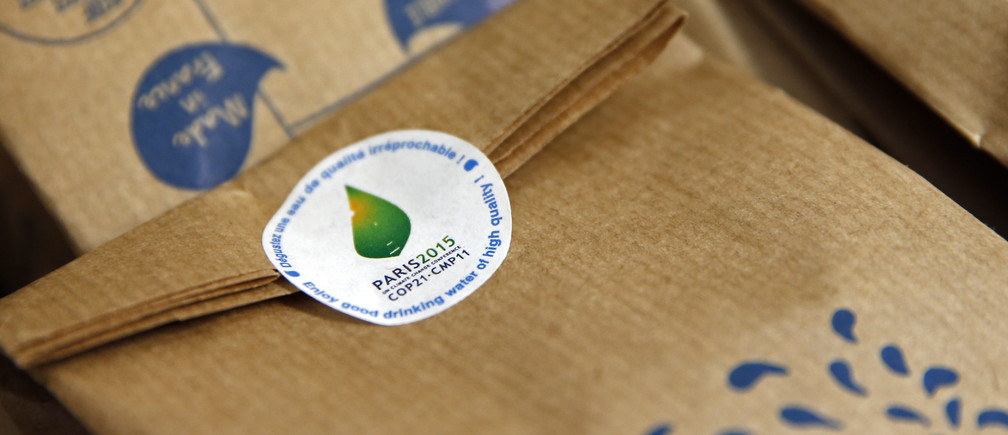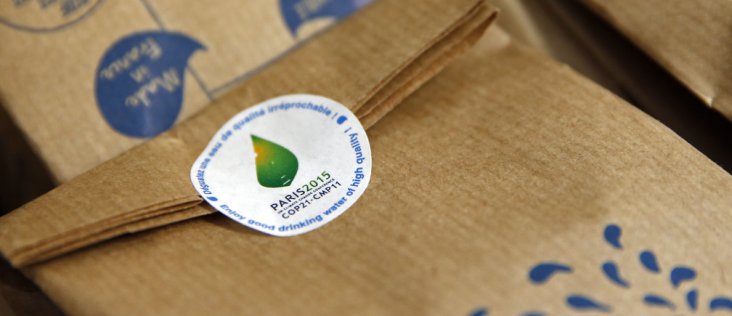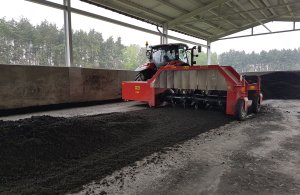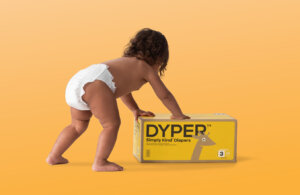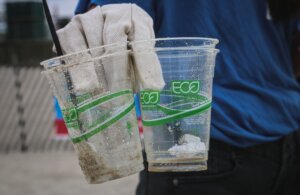Loop initially will be an e-commerce play. (Credit: REUTERS/Benoit Tessier/Weforum.org)
According to an article on Greenbiz.com, a new initiative by a small company has compelled more than two dozen of the world’s biggest brands to begin testing reusable packaging.
Loop, launched today at the World Economic Forum in Davos, Switzerland, has amassed a blue-chip roster of companies, all of which are piloting a new system of high-quality packaging that can be returned and refilled again and again. In essence, it changes the ownership model of packaging from consumer to producer.
The big question is, will consumers buy into it?
Today’s launch is the product of more than a year’s work by TerraCycle, the Trenton, New Jersey-based company that made a name for itself by turning hard-to-recycle waste (think juice boxes, coffee capsules, plastic gloves and cigarette filters) into new products. Along the way, the company, founded in 2001, has partnered with major consumer brands, retailers, manufacturers, municipalities and small businesses in more than 20 countries.
Loop is the natural progression of that model, as well as the corporate relationships TerraCycle developed over the years. Its Loop partners include Procter & Gamble, Nestlé, PepsiCo, Unilever, Mars, Clorox, Coca-Cola, Mondelēz, Danone and a dozen or so smaller brands. European retailer Carrefour, logistics company UPS and resource management company Suez are also engaged in the system.
The service will launch this spring in two markets: Ile-de-France, the region in north-central France surrounding Paris; and the New York region, which includes parts of Pennsylvania and New Jersey. Initially, about 300 products will be available in durable, reusable containers, many created especially for Loop.
"The key thesis statement is we can't just recycle our way out of the garbage crisis," Tom Szaky, TerraCycle’s CEO and co-founder, explained to me recently. "We need foundational changes. Our version of the foundational change is: How do we solve for disposability at the root cause, while matching the benefits?"
Simply put, Loop brings back the old "milkman model," where products are delivered to customers at the same time empties are picked up, washed, refilled and restocked for delivery to another customer. The customer gets the product but the company owns the package.
